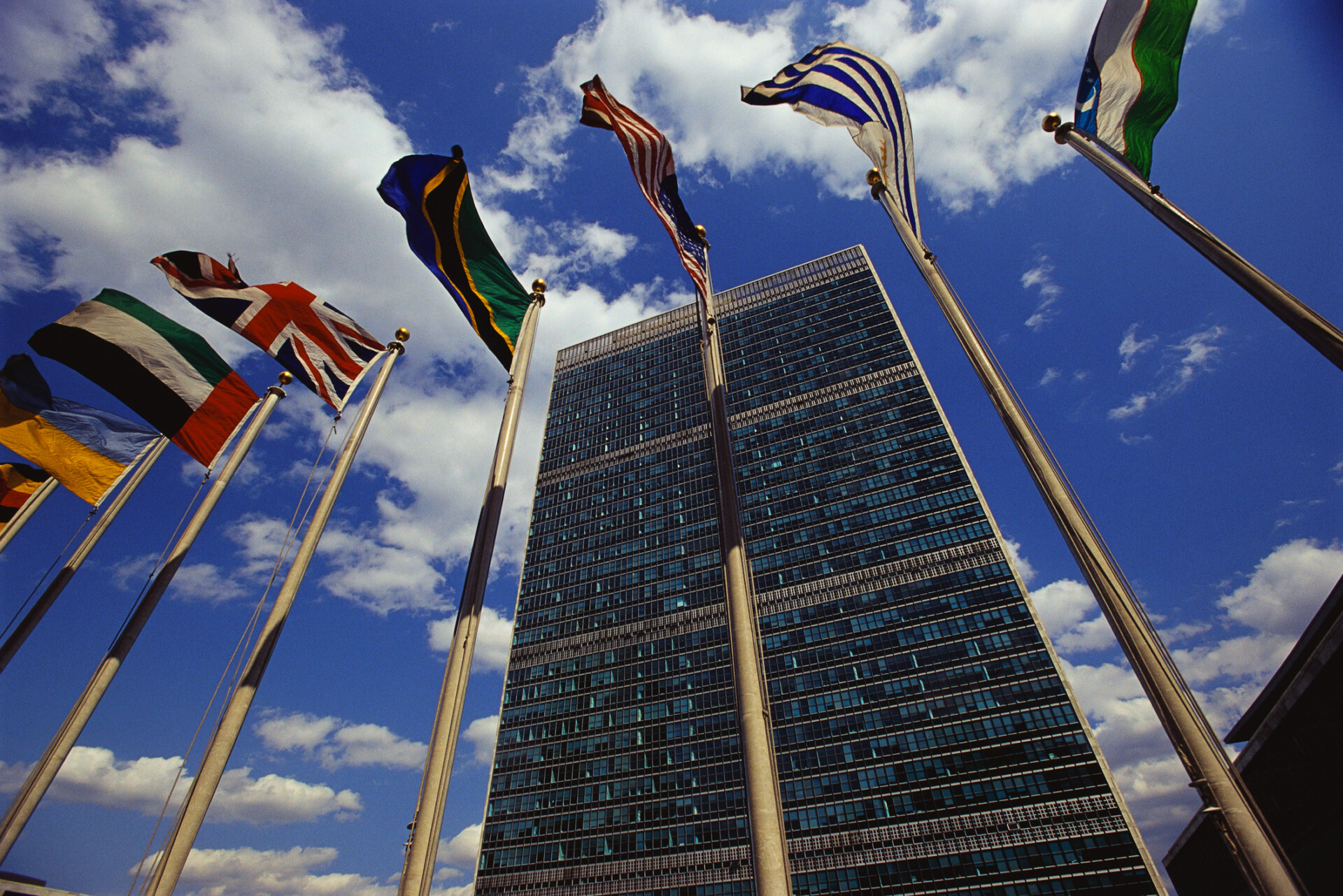U.N. High Commissioner for Human Rights Michelle Bachelet led a controversial visit in May to Xinjiang, China, which did not enable the U.N. to conduct any fact-finding. The failed visit makes clear that States must table a resolution at the U.N. to establish a mechanism that would enable it to collect the evidence of atrocities in Xinjiang and preserve the evidence for future prosecutions. The issue requires urgent attention of the U.N. General Assembly. In this Explanatory Note, Dr. Ewelina U. Ochab provides the blueprint for such a mechanism and two draft resolutions for the General Assembly.
The Need to Establish a U.N. Mechanism for Evidence Gathering in Xinjiang







